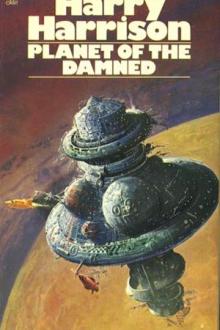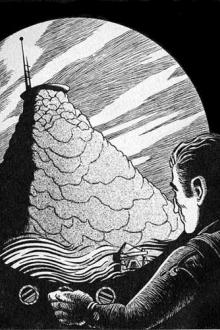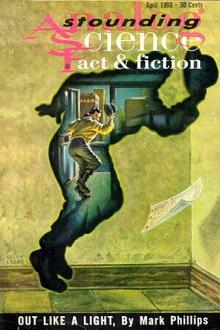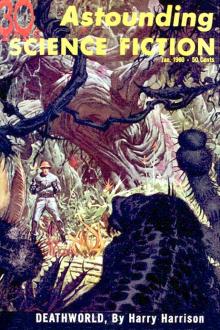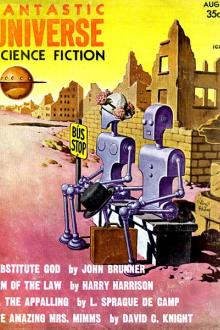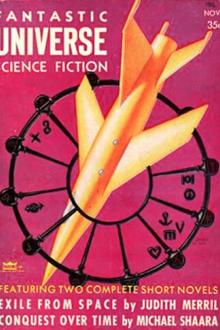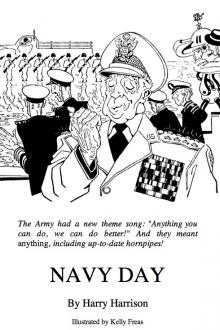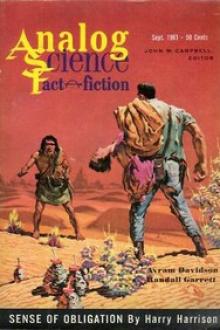The K-Factor
The K-Factor
Speed never hurt anybody--it's the sudden stop at the end. It's not how much change that signals danger, but how fast it's changing....
Book Excerpt
g. But as soon as he says something, passes on information in an altered form, or merely expresses an attitude--he becomes a reference point. He can be marked, measured and entered on a graph. His actions can be grouped with others and the action of the group measured. Man--and his society--then becomes a systems problem that can be fed into a computer. We've cut the Gordian knot of the three-L's and are on our way towards a solution."
* * * * *
"Stop!" Costa said, raising his hand. "I was with you as far as the 3L's. What are they? A private code?"
"Not a code--abbreviation. Linear Logic Language, the pitfall of all the old researchers. All of them, historians, sociologists, political analysts, anthropologists, were licked before they started. They had to know all about A and B before they could find C. Facts to them were always hooked up in a series. Whereas in truth they had to be analyzed as a complex circuit complete with elements like positive and negative feedback, and crossover sw
Editor's choice
(view all)Popular books in Science Fiction, Post-1930, Short Story, Fiction and Literature
Readers reviews
5.0
LoginSign up
One of the best short stories I've read in quite a while. There's a little bit much explanation in the first half of the story, but it gets more intriguing beyond that.
The only thing I find fault with is that the story could have benefitted from more depth and more length. But, I decided not to detract from the score on that account, and simply judged it as the short story it was written to be.
The only thing I find fault with is that the story could have benefitted from more depth and more length. But, I decided not to detract from the score on that account, and simply judged it as the short story it was written to be.
- Upvote (0)
- Downvote (0)
Scientists working with statistical trends of history identify a planet rushing towards war. They send undercover agents to verify the data, and possibly modify the society enough to stabilize it.
The story is absorbing, kind of a mini Foundation Trilogy. The character development is barely enough to carry the story, but suffices.
The story is absorbing, kind of a mini Foundation Trilogy. The character development is barely enough to carry the story, but suffices.
09/25/2013
Yes, "societics" bears a striking resemblance to "psychohistory", but there the similarity between Harrison and Asimov ends. K-factor is a tightly written, plot driven, short story in which science plays a small role. The ending may surprise you.
09/26/2008
If you know Kingsbury's Psychohistorical Crisis or Asimov's Foundation trilogy, here is a story with a similar subject, that is, government by computation. The author is able to compress an interesting spy story into a short SF novella. Recommended.
01/17/2008
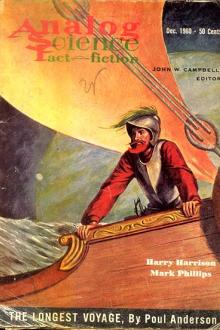
 Free Download
Free Download





















